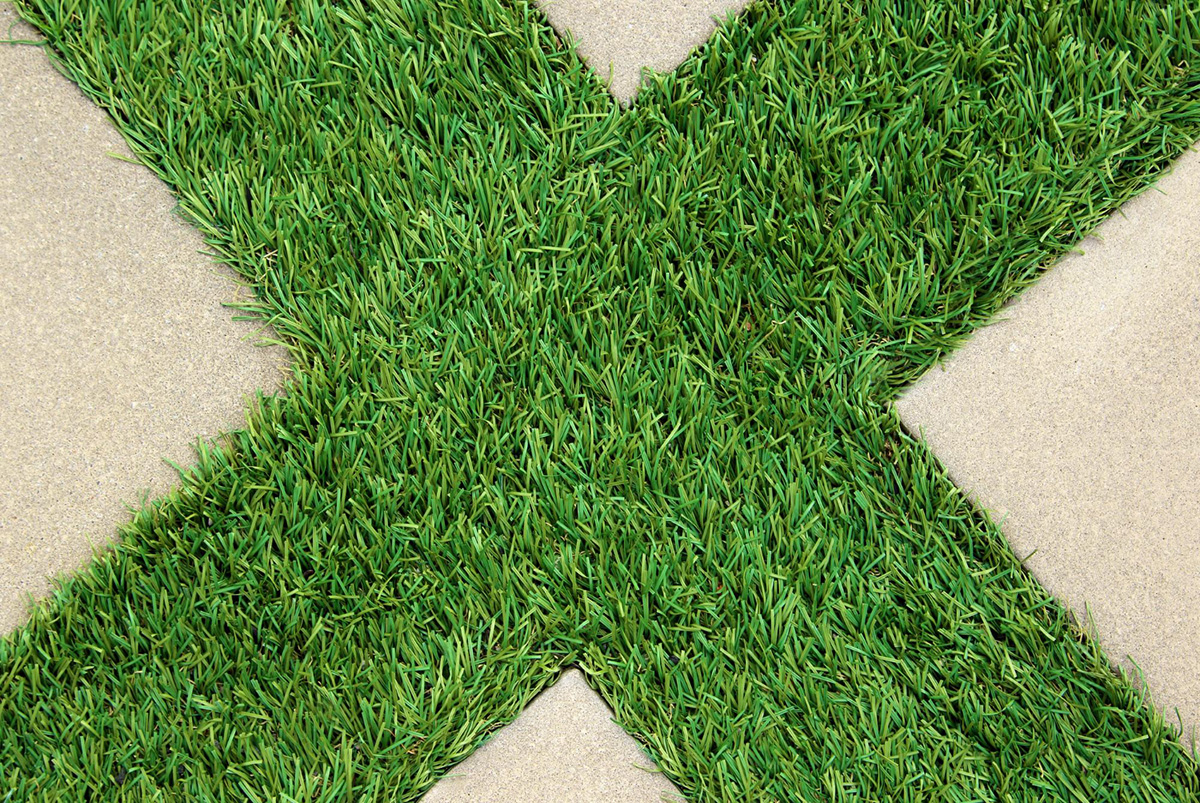Common Chemicals That Can Damage Your Artificial Grass

Artificial grass provides a low-maintenance option for homeowners who want to enjoy a lush, green lawn all year round. But did you know that exposing your synthetic turf to certain chemicals can cause significant damage? In this blog post, we will discuss the hidden hazards and common chemicals that can damage your artificial grass. Whether you’re a homeowner looking to preserve your lawn or a contractor in need of safety tips, read on to learn more about how to keep your synthetic grass looking green and healthy.
1. Bleach and harsh cleaning agents
Bleach, ammonia, and other harsh cleaning agents are the enemy of artificial turf. These chemicals can cause discoloration and even melt the plastic fibers of your synthetic grass. While it’s important to keep your lawn clean and free of debris, it’s crucial to use gentle, non-toxic cleaning solutions. DIY solutions made of vinegar, baking soda, and water are effective and completely safe for your artificial grass.
2. Fertilizers and weed killers
Chemical fertilizers and weed killers are designed to kill pests and promote plant growth, but they can also wreak havoc on your artificial turf. Nitrates and phosphates found in fertilizers can cause discoloration, while weed killers containing glyphosate can cause permanent damage. If you must use chemical lawn products, be sure to read the labels carefully and keep them away from your synthetic grass.
3. Pool chemicals
Do you have a pool in your backyard? Chlorine and other pool chemicals can be harmful to your artificial turf, especially if they come into direct contact. Chlorine can bleach the color of your synthetic grass and weaken the fibers, while saltwater can cause discoloration. To prevent damage, it’s best to keep your artificial turf at a safe distance from your pool and rinse it off with water after swimming.
4. Pet urine and waste
Pet urine and waste can cause unsightly stains and odors on your artificial grass. While synthetic turf is designed to be pet-friendly, it’s important to clean up after your pets regularly to prevent damage. Rinse the affected area with water and mild soap, and avoid using bleach or other chemicals that can cause discoloration.
5. Vehicles and heavy equipment
Driving or parking heavy vehicles and equipment on your artificial turf can crush the fibers and cause uneven wear and tear. To avoid damage, it’s best to keep heavy equipment off your lawn altogether. If you must use vehicles on your synthetic grass, choose lightweight or low-pressure tires and avoid turning or accelerating sharply.
Conclusion
Artificial grass can provide a beautiful, low-maintenance option for homeowners and businesses alike. However, it’s important to understand the common chemicals that can damage your synthetic turf and take steps to prevent damage. Avoid using harsh cleaning agents, chemical fertilizers and weed killers, and keep your artificial grass away from pool chemicals and heavy equipment. By taking these precautions, you can enjoy a lush, green lawn for years to come. Are you looking for artificial or synthetic putting green turf in Florida? Contact From The Ground Up Landscaping today for free estimates.